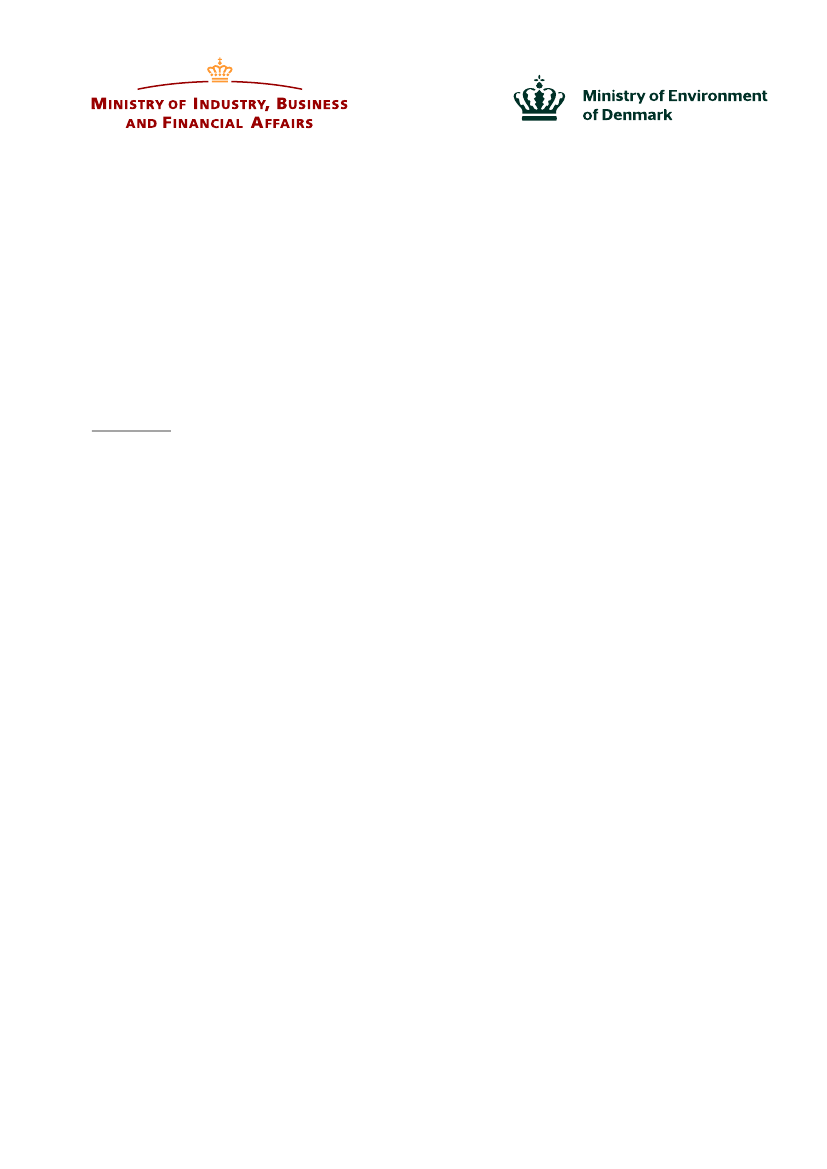
28 June 2024
M 77-24
Danish response to the Commission’s call for evidence – conse-
quences of increased public access to justice in environmental matters
in Commission decisions on State aid
Introduction
On 30 May 2024, the European Commission's Directorate-General for
Competition (DG Competition) initiated a call for evidence to gather input
and data from stakeholders across Member States. The focus is on evaluat-
ing the potential impact of increased public access to justice regarding
Commission decisions on State aid, stemming from the EU's international
environmental obligations in the Aarhus Convention.
The Danish Government finds that it is important that the EU and Member
States as signatories to the Aarhus Convention comply with the obligations
set out in this convention. The Aarhus Convention ensures fundamental
access to information, public participation in decision-making, and access
to justice in environmental matters.
The EU has implemented the Convention’s provisions on access to justice
concerning EU institutions and bodies through the Aarhus Regulation
(Regulation (EC) No 1367/2006 of 6 September 2006). This regulation was
revised in 2021 to enhance opportunities for non-governmental organiza-
tions (NGOs) and the public to challenge administrative decisions by EU
institutions and bodies that may breach EU environmental law. However,
the revised Aarhus Regulation includes exceptions, notably for State aid
decisions.
Following the complaint in 2015 to the Aarhus Convention Compliance
Committee (ACCC) in case
ACCC/C/2015/128,
and the conclusion of the
ACCC that the existing mechanisms for the public to challenge Commis-
sion decisions on State aid are insufficient to meet the EU's obligations
under the Aarhus Convention, the Danish Government finds that measures
must be taken.